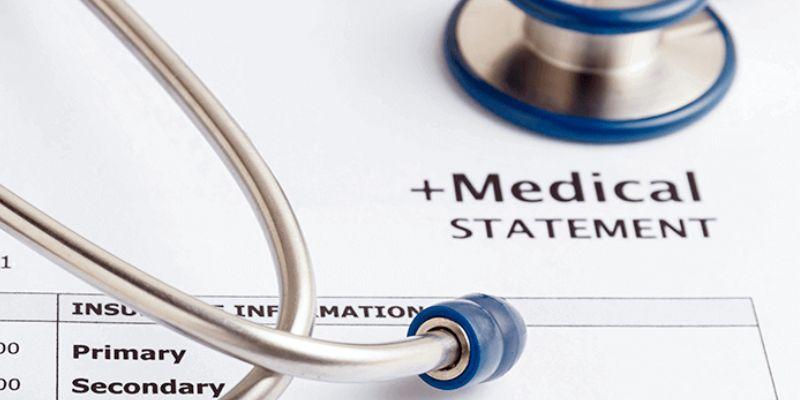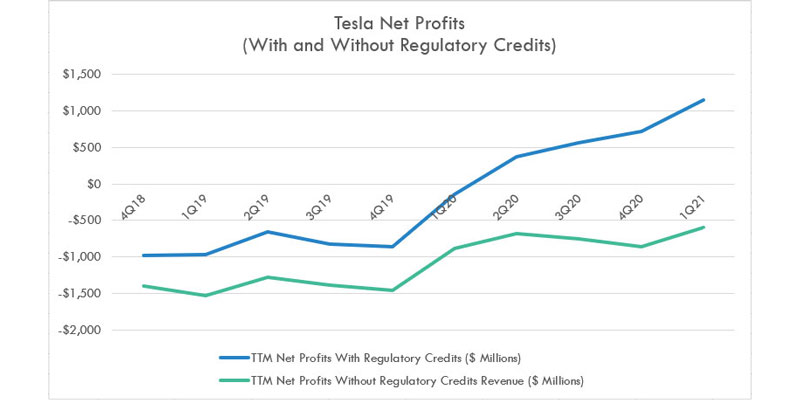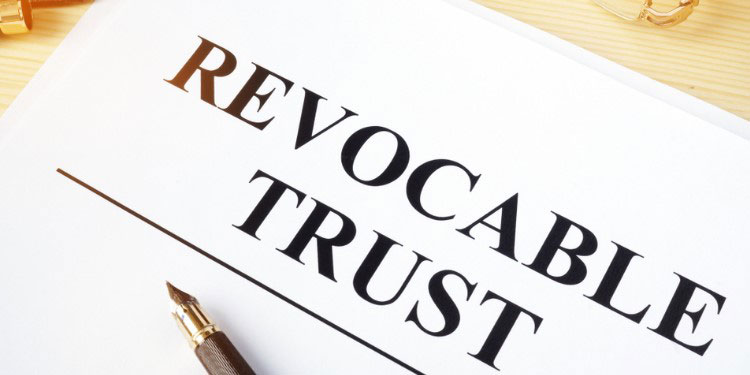Your credit score greatly impacts your financial life, and one of the most damaging things that can appear on your report is a collection account. Though it might feel like an abstract concept, understanding what a collection account is and how it affects you is critical in managing your credit.
We'll explore exactly what collections are, why it matters if one appears on your credit reports, and how to resolve that debt or remove the listing from your report altogether.
Collection Accounts - What They Are and How They Impact Your Credit Score

A collection account is a type of debt that has gone into "collections," meaning it has been assigned to an outside agency or company, known as a collection agency. This could be a debt you owe to a creditor, bank, or any other lender who gave you credit at some point in the past and for which you have failed to make timely payments.
When this happens, the original lender may turn over your debt to a collections agency (sometimes known as a "junk debt buyer") with instructions to collect the outstanding balance. The collections agency contacts you by mail or phone to recoup the money owed. Depending on your situation and the agreements involved, they may also take legal action.
When a collections agency takes over a debt, it is often reported to the credit bureaus as a collection account. This will appear on your credit report and can negatively affect your credit score.
Collection accounts remain on your credit report for seven years from the date of first delinquency, which means they can continue to affect your credit score long after you've paid them off or resolved the debt. It's important to be aware of this and take steps to protect yourself accordingly.
Different Types of Collection Accounts
There are two main types of collection accounts:
Medical collections

These are debts related to medical bills, including hospital visits, doctor's appointments, and other health care services. Medical debt is the most common type of collection account and is often reported to credit bureaus by medical providers or third-party debt collectors.
Non-medical collections
These are debts unrelated to medical bills. This includes loans, credit cards, utility bills, and other types of debt not related to healthcare services. Lenders, creditors, or collection agencies can report non-medical collections to credit bureaus.
Both types of collection accounts can hurt your credit score. However, medical collections are more likely to be forgiven in certain circumstances due to laws that protect consumers from hefty medical bills they cannot afford. It's important to understand these laws to know what options are available.
How to Handle a Collection Account on Your Credit Report
Paying the debt in full
The most straightforward method is to pay off the debt in full. This will remove the negative listing from your credit report and help restore your score. However, this is only sometimes an option for everyone, as many need more funds to make such a large payment.
Disputing the Debt
If you believe that the collection account does not belong to you or if it is inaccurate in some way (for example, if it says you owe more money than what is due), you can dispute the debt with both the collections agency and one of the three major credit bureaus. This will trigger an investigation into your claim, and if it is valid, the listing can be removed from your report.
Negotiating a Settlement
If you cannot pay off the debt in full but still want to try and resolve it, you can negotiate a settlement with the collections agency. Settlements involve making a lump sum payment, usually less than what is owed, so both parties can agree. If successful, this will remove the negative listing from your credit report and help improve your score over time.
Benefits of Collection Account
- Improved Credit Score: Removing a collection account from your credit report can immediately positively affect your credit score. This is because the negative listing will no longer be present and thus won't affect your overall score.
- More Access to Credit: With a higher credit score, you may also access better (lower interest rate) loans and a wider range of lenders willing to work with you.
- Lower Interest Rates: A good credit score can lead to lower interest rates on future loans or lines of credit, which means more money in your pocket over time.
- More Financial Options: A good credit score opens up more options for financial products, such as credit cards and mortgages. It can also make renting an apartment or getting approved for a job easier.
- An Affordable Payment Plan: If you cannot pay off your debt in full, negotiating a settlement with the collection agency may be beneficial. This could lead to a payment plan that is more manageable than the original terms of the loan while still helping you resolve the debt over time.
- Lower Monthly Payments: By setting up a payment plan with the collections agency, you can often reduce your monthly payments and lower the debt's overall amount of interest paid.
- Reduced Stress: Resolving a collection account can help relieve some of the stress and anxiety off your shoulders, freeing up more energy for other important tasks.
- Peace of Mind: Finally, once the debt is paid off or settled, you can rest easy knowing that the negative listing won't affect your credit score anymore. You can also start building a better financial future with confidence.
Resolving a collection account on your credit report benefits your credit score, provides peace of mind, and helps reduce stress in the long run. While taking on such a large responsibility at first may seem difficult, plenty of options are available to help make it easier and more manageable over time. Taking action today could mean big savings down the line.
FAQS
What happens when an account goes into collections?
The original creditor typically sells the debt to a third-party collection agency when an account goes into collections. The agency then contacts you to attempt to recoup the money owed. Depending on your situation and the agreements involved, they may also take legal action.
How long can an account stay in collections?
An account can stay in collections indefinitely until the debt is paid off or resolved. However, collection accounts remain on your credit report for seven years from the date of first delinquency, which means they can continue to affect your credit score long after you've paid them off or resolved the debt.
Do collections get removed?
Yes, collections can get removed from your credit report. The most effective way to do this is to pay the debt in full or negotiate a settlement with the collection agency. If you find an error on your credit report, you can dispute it with one of the three major credit bureaus and remove it.
Conclusion
In conclusion, understanding what a collection account is regarding your credit score can help you track your bad credit choices and allow you to make improvements accordingly. Collection accounts are public information that can stay on your report for several years until they are paid. Having or having had one collection account can remain a financial burden for many years.
With knowledge of these accounts and how they interact with a credit score, you can make informed decisions on establishing good financial habits. If you suspect that you may have an upcoming issue with debt collection, reach out to the company or government agency in question to understand their policies and terms.



